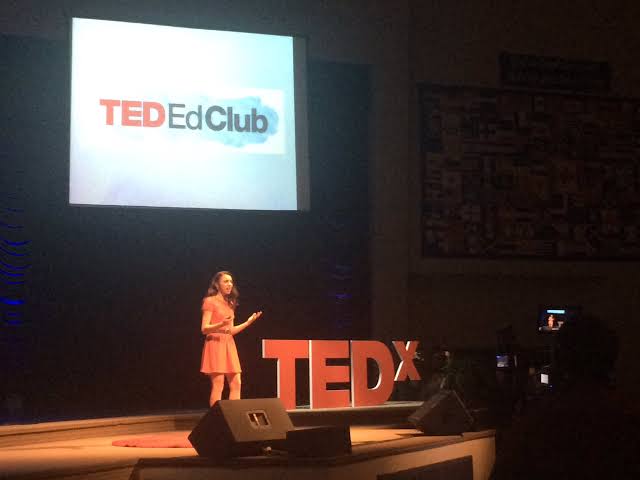The Quest of Sudarshan towards the world of Infinity - Nandanalakshmi M
ECG Sudarshan is one of the most eminent and prolific personalities from God's own country, who contributed unparalleled discoveries in the boundless world of physics. The interview "Thus Spoke Sudarshan" is a powerful rendition of his passion and crave towards scientific enquires. He believed in the immeasurable latitude of science, which ranges from the boiling point of our bed coffee to the linear speed of a fan's regulator. More than being a physicist, Sudarshan believed in enabling the potential of one's life by looking it through the prism of science.
He shares his interest from childhood towards the scope of mathematical formulas and equations. Even when his companions considered mathematics as an arduous burden, he was simply able to solve even the most complicated equations within just a few seconds. Sudarshan considers that his passion towards science was one big reason for him to plump for a career in Madras Christian College. His experience with Tata Institute of Fundamental Research assigned him to the experimental cosmic ray group that analysed emulsion tracks. Afterwards, he got an opportunity to do Ph.d from Rochester, and got a fellowship to join Harward University by the grand wizard of quantum field theory, Julian Schwinger. His research interests spanned particle physics, quantum optics, quantum field theory, quantum information theory, gauge theories and classical mechanics. Along with American physicist Robert Marshak, Sudarshan founded the V-A Theory of the weak force, which eventually led to the electroweak theory.At TIFR, Sudarshan got the chance to work with eminent scientists including Homi Bhabha, father of the Indian nuclear programme.
His discovery of the super luminous particles called tachyons was an extensive contribution to the unparalleled world of physics. This research even challenged the findings of Albert Einstein, and established that tachyons can move faster than light. He was nominated for the coveted Nobel Prize six times, which made him to be the only Keralite who could reach so far. But, his perseverance and momentous benefactions were not given adequate recognition and buttress by the Nobel Prize Committee. Mr.Sudarshan expressed his deep delve into desperation when he was denied of an honour that he deserved more than anyone else. But later, in 2010, he shared the Dirac Medal for outstanding contributions in science with the Italian physicist Mr. Nicola Cabibbo.
ECG Sudarshan believed in opening up various scientific platforms to enrich the calibre of blooming scientists. He adds that the flavour of science starts with a sense of observation and keen attention to what transpires around us. He wished for intriguing possibilities in science, and equal distribution of facilities to flourish its sumptuous essence. He once said that "if you are a physicist, you must know about melting of ice. And, melting of ice is a very complicated subject because there are so many allotropic modifications of ice. The thing is that these things are connected, and such descriptions are irreplaceable for even the most neglected sights around us." Sudarshan made splendid remarks about the spectroscopy of challenges that makes one to investigate more on scientific theories, which has once scripted the most accomplished knowledge of all times.
ECG Sudarshan was undoubtedly a brilliant physicist and a scintillating man, who discovered a world with new visions from his urge to seek a simple derivation. He is an absolute portrait of the truth that necessity is the mother of all inventions, and he searched for what he needed till the last breathe of his lifetime. The acclaimed Indian theoretical physicist died on 13th May 2018, at the age of 86. But still, he is remembered in the heart of every Indian through the innovation he shared, and ideas he showered. He was a scientist because he was delighted in it, and even after his death, his words pour delight to the heart of everyone who loves science. That's why we sometimes say that scientists never die!



Comments
Post a Comment